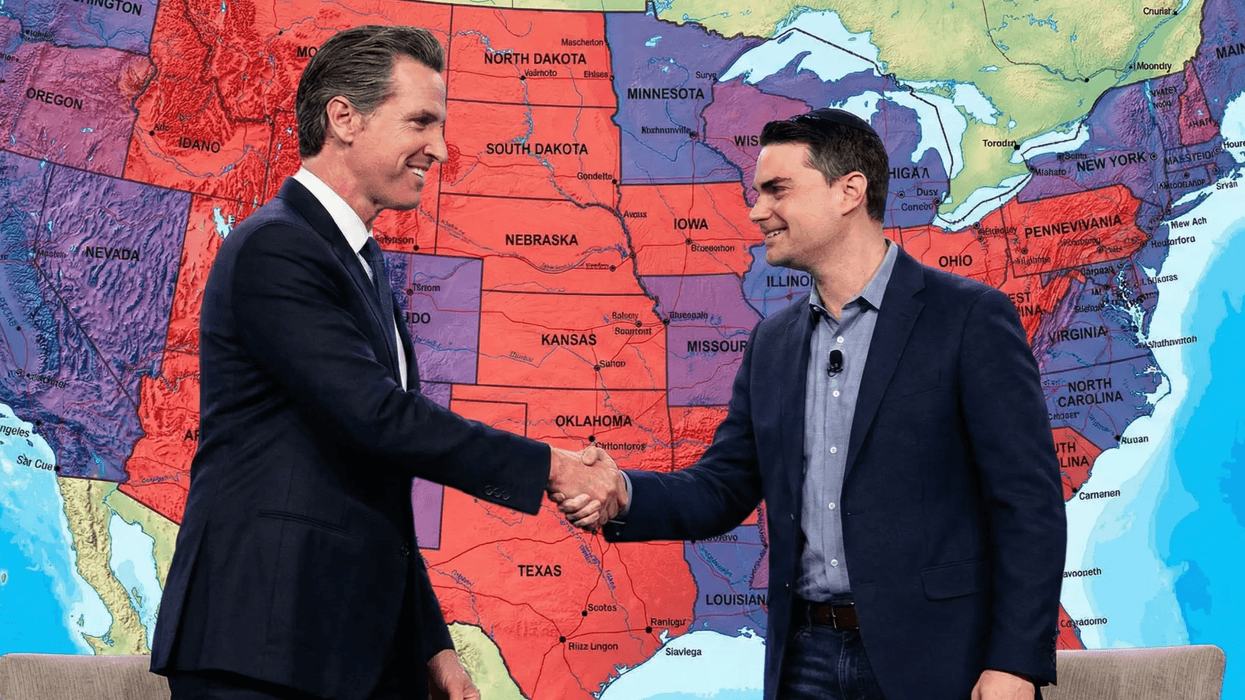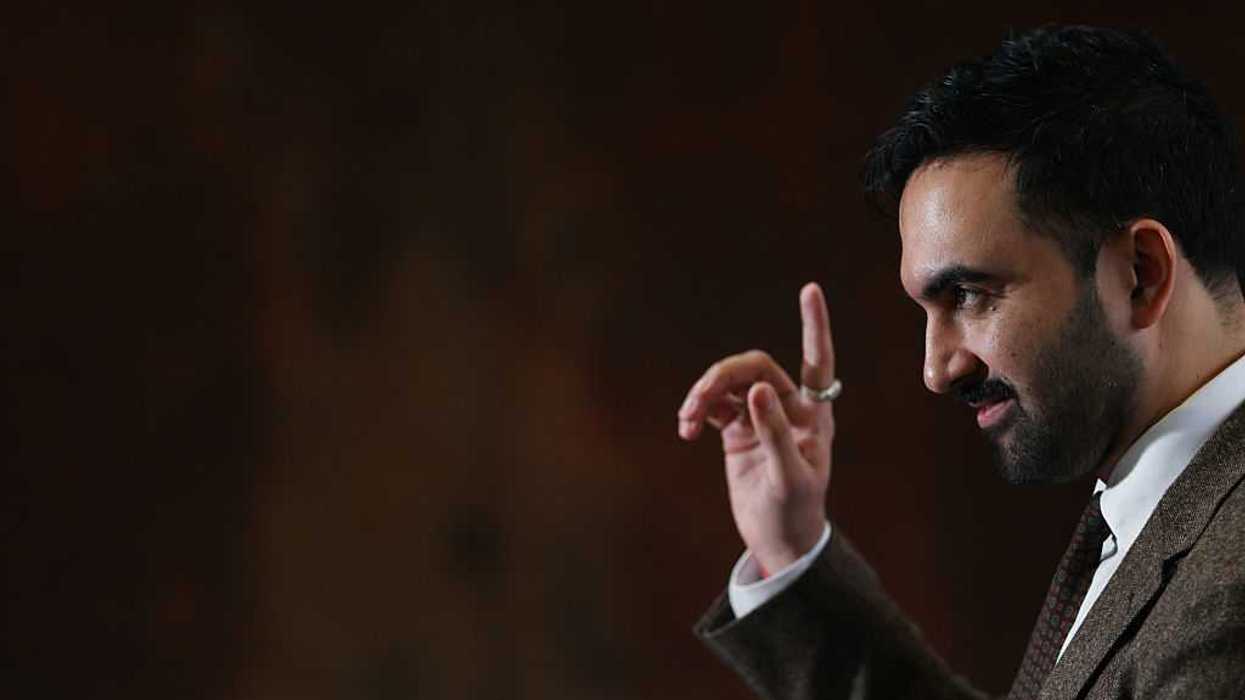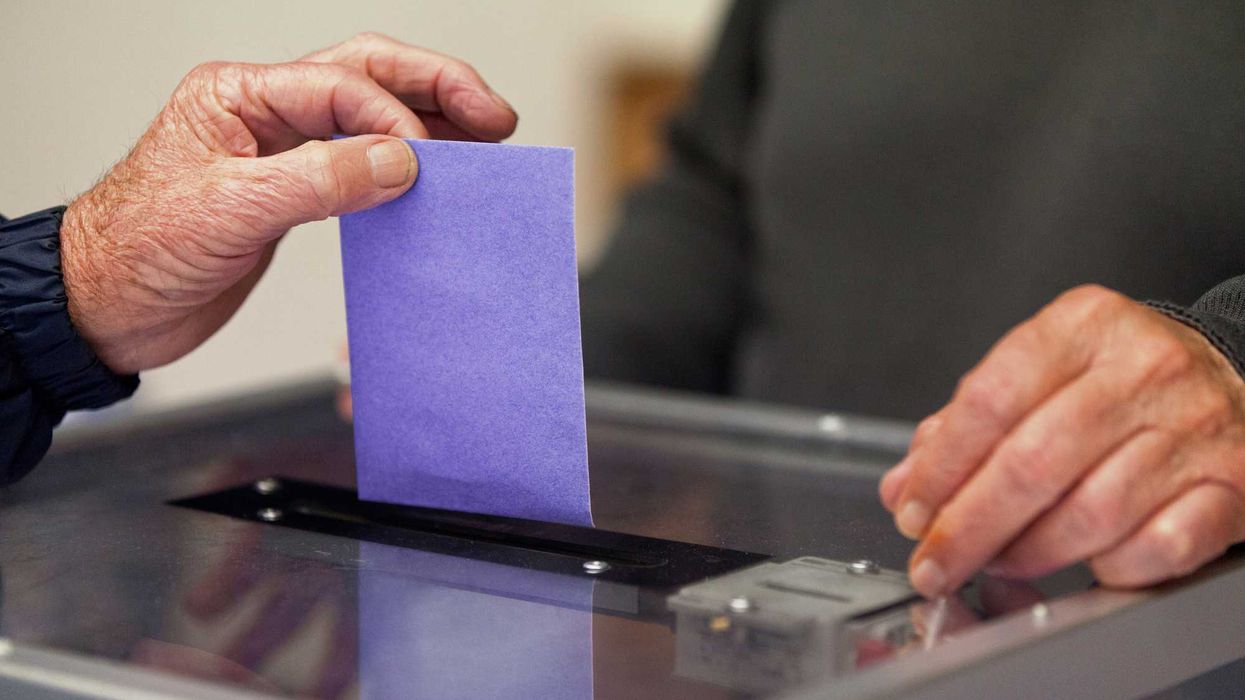An overwhelming majority of 89% of Americans say the U.S. should spend at least one percent of the federal budget on foreign aid—the current amount the U.S. spends on aid. This includes 84% of Republicans and 94% of Democrats.
Fifty-eight percent oppose abolishing the U.S. Agency for International Development and folding its functions into the State Department, including 77% of Democrats and 62% of independents. But 60% of Republicans favor the move.
These are some of the findings of a new survey by the Program for Public Consultation at the University of Maryland, fielded February 6-7, 2025, with a representative sample of 1,160 adults nationwide.
Americans greatly overestimate the amount spent on U.S. foreign aid. The majority of respondents estimate that at least 20 percent of the budget goes to foreign aid. Asked what percentage of the federal budget should go to foreign aid, the majority says that it should be at least ten percent (Republicans said five percent, Democrats said ten percent, and independents said ten percent).
Director of the Program for Public Consultation Steven Kull comments, “Extreme overestimations of the amount of U.S. foreign aid have led some Americans in some polls to favor reductions from this assumed amount. But large majorities support the actual amount of U.S. aid.”
Respondents evaluated spending on six foreign aid programs. For each one, they were informed of its key functions and annual spending and evaluated pro and con arguments. Majorities, nationwide, want to increase or keep funding the same for humanitarian relief (56%), economic development (56%), global health (64%), education (67%), the environment (65%), and Democracy and human rights (60%). Only 8-14% favor eliminating any of the programs. While a majority of Republicans favor cutting some programs, this includes 14-19% who favor cutting them “a little.” Less than half support cutting them “somewhat” (19-30%) or eliminating them (11-20%).
Arguments for and against foreign aid, in general, were evaluated before respondents made any spending recommendations for aid programs. The argument that did best overall focused on how aid “saves lives, alleviates suffering and hunger” and “helps communities recover.” Seventy-eight percent found this convincing, including 73% of Republicans and 87% of Democrats. The con arguments that focused on how “taking care of problems at home is more important” and that there is “waste and corruption” in foreign aid, were also found convincing by around three quarters. Over seven in ten also found the counter-argument that studies have found that claims of substantial waste and fraud are exaggerated as convincing.
“Support for the government providing foreign aid is rooted in moral concerns and beliefs that it is effective and serves U.S. interests,” commented Evan Charles Lewitus, Senior Research Analyst at PPC. “While concerns about waste and fraud in foreign aid resonate with many, their support for aid suggests they would rather try to fix the problems than cut spending.”
Respondents evaluated whether foreign aid should be distributed more through bilateral channels to specific countries, which currently makes up two thirds of aid, or more through multilateral institutions like the UN. Keeping the current balance is preferred by 39% of respondents (Republicans 34%, Democrats 46%). A third of respondents support increasing the amount channeled bilaterally (36% of Republicans, 32% of Democrats), and 26% prefer shifting the balance to multilateral institutions.
The public also overestimates how much the U.S. spends on foreign aid, relative to other developed countries, as a percentage of their total economy. Compared to the average of developed countries, the U.S. spends less. Over six in ten Americans, however, believe the U.S. spends more, including 70% of Republicans and 59% of Democrats.
About the Survey
This public consultation survey was conducted by the Program for Public Consultation at the University of Maryland. Unlike standard polls, respondents in a public consultation survey go through an online “policymaking simulation” in which they are provided briefings and arguments for and against each policy. Content is reviewed by experts to ensure accuracy and balance. All Americans are invited to go through the same policymaking simulation as the survey sample.
The survey was fielded February 6-7, 2025 with 1,160 adults nationally at the University of Maryland’s School of Public Policy. Samples were obtained from multiple online opt-in panels, including Cint, Dynata and Prodege. Sample collection and quality control were managed by QuantifyAI under the direction of the Program for Public Consultation. Samples were pre-stratified and weighted by age, race, gender, education, income, marital status, and home ownership to match the general adult population. The survey was offered in both English and Spanish. The confidence interval is +/- 3.1%.
Foreign Aid Questionnaire with Toplines, Crosstabs, and Methodology
Steven Kull is program director of the Program for Public Consultation. Evan Charles Lewitus is a research analyst at Voice of the People. Evan Fehsenfeld is a Harrison Fellow and has taught at both the University of Maryland and George Washington University.



















